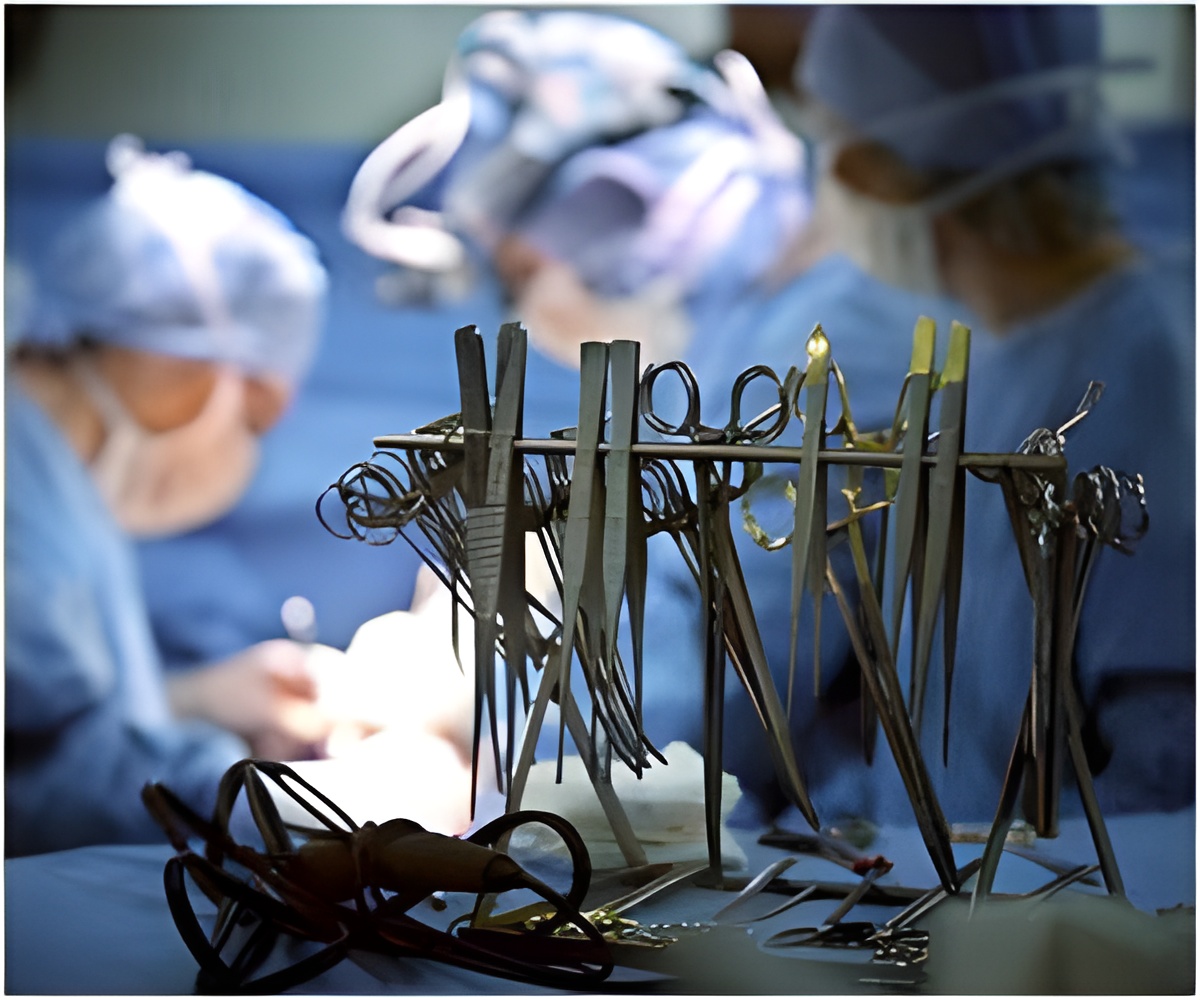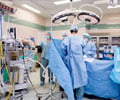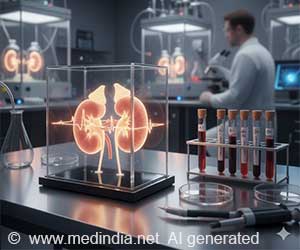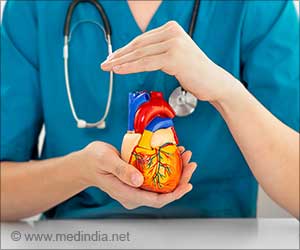Doctors at Henry Ford Hospital have come up with an innovative kidney transplant technique which is the first to use new patient safety standards.

The technique was clearly an innovation at the time, but was not required to go through a randomized controlled trial or other strictures required of new prescription drugs and medical procedures. Patient safety during the learning curve posed by all surgical innovation has been a matter of concern among surgeons and related professionals for about a decade. The Oxford group, an international collaboration of such professionals, responded with the creation of IDEAL – its recommended guidelines for Innovation, Development, Exploration, Assessment and Long-term Study.
Three years ago, Henry Ford surgeons and researchers set out to test a minimally-invasive kidney transplant cooling technique conceived by Mani Menon, M.D., chairman of Henry Ford's urology department and a pioneer in robot-assisted surgery. They decided to develop, test and learn the technique using the IDEAL guidelines. After the study period, the innovative surgery was recently described in several peer-reviewed research papers published in European Urology, the journal of the European Association of Urology.
The Henry Ford researchers designed the study in collaboration with their counterparts at Medanta Hospital in Gurgaon, India, where pioneering work in robot-assisted kidney transplant surgery is also being conducted. They reasoned that since minimally invasive robotic surgery has proven to be a great benefit to healthy kidney donors, it might also be a boon to the ill and fragile transplant recipients who are at greater risk of complications. But they noted British research in 1971 showed that kidney function was partially impaired in recipients if blood flow was interrupted for longer than 30 minutes during transplant.
Dr. Menon's concept was to address that hazard by cooling both the donor kidney and the transplant site with sterile ice slush in hopes of increasing the amount of time in which they could safely learn and perfect the robot-assisted surgery. When their study period was over, healthy kidneys had been successfully transplanted in 50 recipients using the new technique at Medanta Hospital. Akshay Sood, M.D., of Henry Ford's Vattikuti Urology Institute and a principal in the research, said he hopes that the successes - achieved by using the IDEAL guidelines - will encourage other transplant teams to try the new technique. "To the best of our knowledge, this is the first study to utilize the IDEAL model systematically from conception through development of a new technique," Dr. Sood said. "We found the IDEAL framework to be extremely conscientious to both the needs of the patients and the innovators." Peter McCulloch, chairman of the IDEAL Collaboration, commended the Henry Ford research team in a recent editorial on the Oxford group's website. "This is exciting news," McCulloch wrote. "We agree with Dr. Sood that his team is, as far as we are aware, the first to take a surgical innovation through consecutive stages of the IDEAL Framework using the guidance provided in the Recommendations." The information supplied in their published articles demonstrates the benefits of this approach and we congratulate them on their pioneering work. "McCulloch further noted that "it was particularly pleasing" to see that Dr. Sood and his team clearly showed how patient safety was integral to the development and use of the kidney transplant cooling technique. The now-proven procedure will soon be available at Henry Ford Health System."
 MEDINDIA
MEDINDIA




 Email
Email










